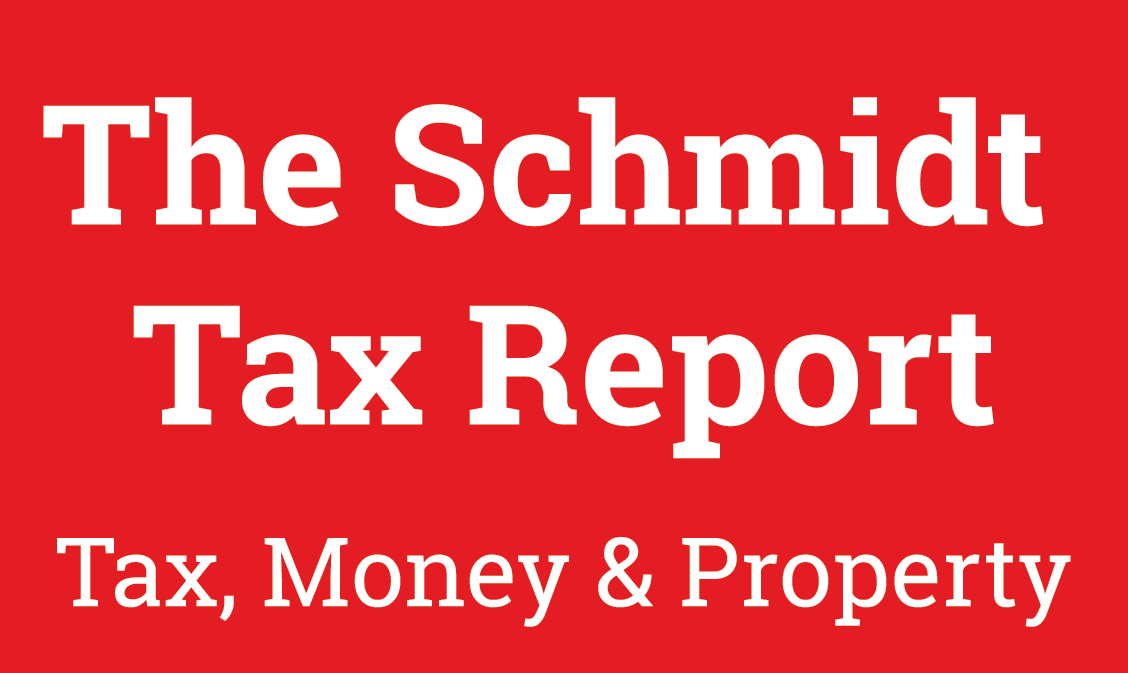Taxing the Rich by Kenneth Scheve and David Stasavage is a study of 200 years of tax data from 20 different countries and references many other sources, not least the Bible: ‘The rich shall not give more and the poor shall not give less than half a shekel, when they give an offering unto the Lord, to make an atonement for their souls.’ Which comes, as you probably knew, from the Book of Exodus. It is packed with interesting stories and facts. For example, in France, prior to the Revolution, the aristocracy was exempt from the taille, the land tax imposed on the people. However, they had to pay l’impôt du sang (literally a ‘blood tax’) in the form of military service to the king. In Renaissance Florence, the landed gentry had to pay tax but the mercantile classes were exempt. Before World War One, Britain’s top rate of income tax stood was 9% per cent but two years after the war ended in 1920, it had reached 60 per cent. Across the Atlantic, in the US, income tax rose from 7 per cent the day war broke out to 77 per cent on Armistice Day. However, although it is entertaining to read how tax worked in different places and at different times, there is a serious purpose to the book, which is to explore whether progressive tax is both fair and effective. The authors include considerable evidence to support the idea that lower taxes stimulate the economy even if they are frequently politically unacceptable. When the UK’s Conservative-led coalition cut the top rate from 50p to 45p in 2012, for example, tax revenues for the following year rose by £9bn. Soaking the rich may be popular with voters, but it may not be best for the exchequer. 1.6.16
